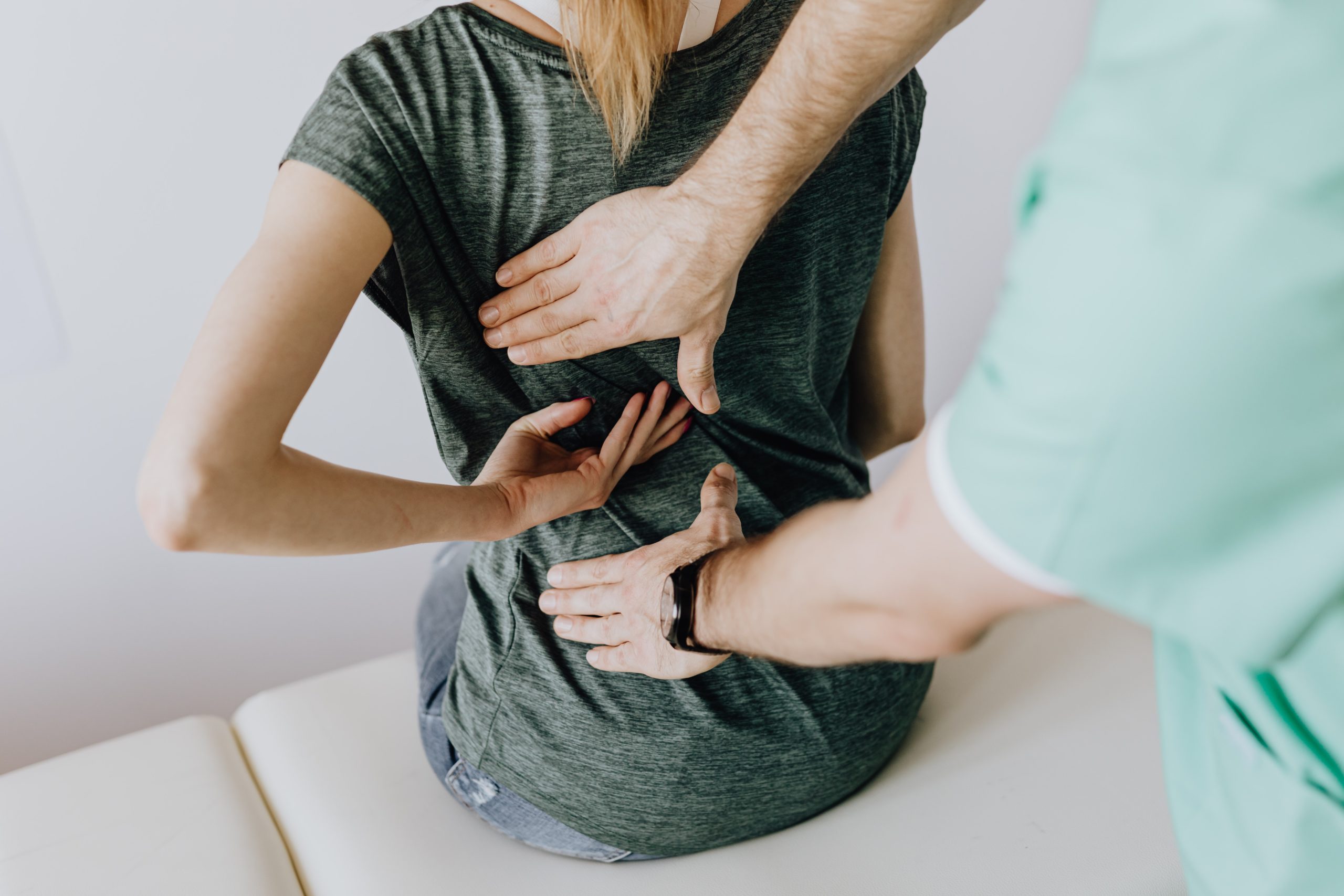You can experience hip pain due to many reasons, including wear and tear due to overuse, accidents, and joint disorders. Since hip pain can worsen quickly and also cause leg or back pain, you need to take steps to treat it as soon as possible. While consulting a doctor can help you to identify any underlying causes for the hip pain, there are quite a few things you can do at home to reduce your pain and boost your ability to lead life normally:
Exercise Regularly
While following a regular exercise routine has many benefits, you should appreciate it can also reduce chronic hip pain. Exercising can help strengthen your muscles and enhance your range of motion. However, you must desist from exercising vigorously if you are already experiencing pain and modify your exercise to stress your joints less. Consider walking on a treadmill, a flat trail, or even yoga postures that do not overextend your joints. Another beneficial method is performing aerobic exercises in a shallow swimming pool. According to Everyday Health, stretching exercises may help.
Get Adequate Rest
One of the best ways of tackling hip pain and not aggravating existing injuries is to take enough rest. However, resting does not mean you should stay put in bed and cease all activities. Rather you should focus on treating yourself gently and not performing any activity that may prevent a hip injury or inflammation from healing. For example, you can and should walk slowly to keep your hip joint mobile but refrain from jogging as it will injure your hip joints.
Apply Ice
Applying an ice pack can reduce hip inflammation significantly, especially when you do it throughout the day in 15-minute intervals, observes a pain consultant at QC Kinetix (Murfreesboro), a leading regenerative medicine clinic. The ice dulls the nerve endings and allows you to bear the pain better. If you do not have an ice pack ready, you can use any cold item, like a pack of frozen vegetables. You should never apply the icepack directly on the skin to avoid frostbite but instead, wrap it in a cloth or towel. Follow the map
Use Compression
To get a better result, you should wrap a compression bandage around your hip and pelvic area after applying an ice pack to the injury. The compression bandage helps improve blood circulation and aids muscles to recover faster. Many doctors also say that the presence of the bandage helps people to remember to take things easy and rest more to avoid aggravating the injury.
Conclusion
Excessive body weight is among the most common causes of hip pain. Whether your hip pain is because of an injury or wear and tear due to more body weight, you will benefit by reducing your weight. Consulting a doctor or a physical therapist can help you to evolve an exercise and dietary routine that will result in fast but safe weight loss. Focus on eating fresh fruits and vegetables and lean meat while avoiding processed foods, Trans fats, sugary foods, and beverages. You can also use OTC medication in the form of oral painkillers or ointments to reduce your hip pain.






